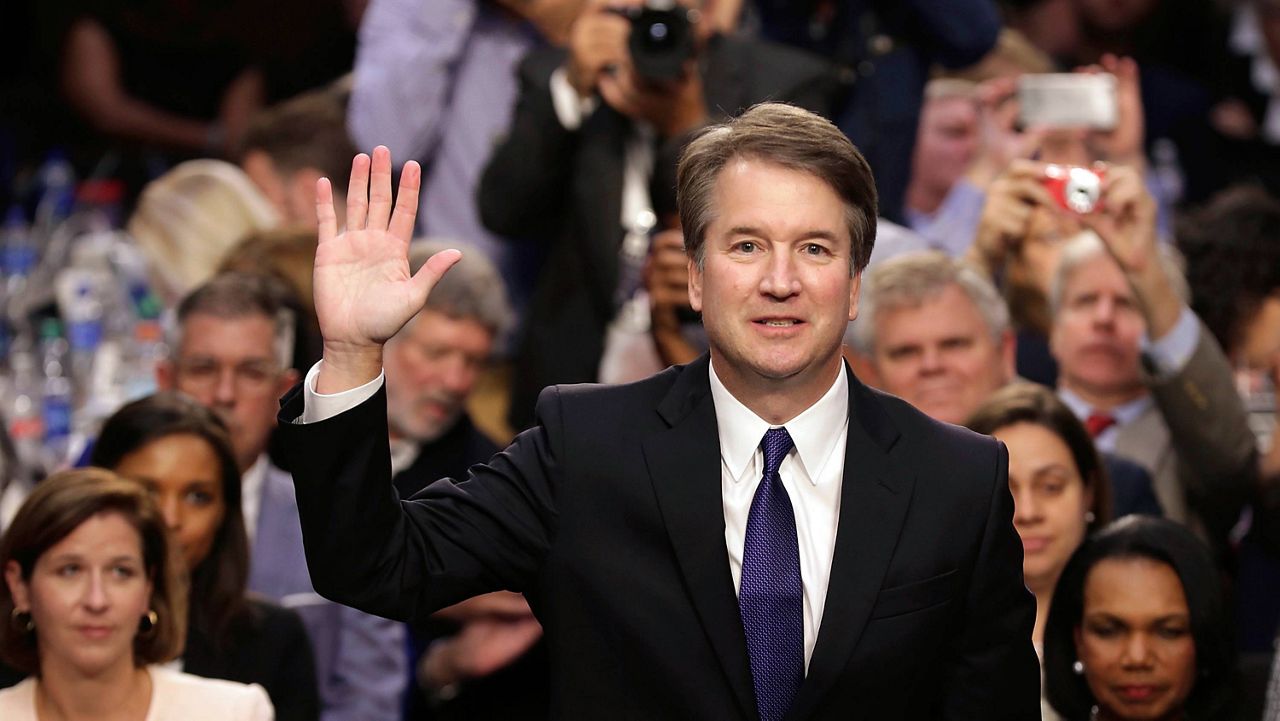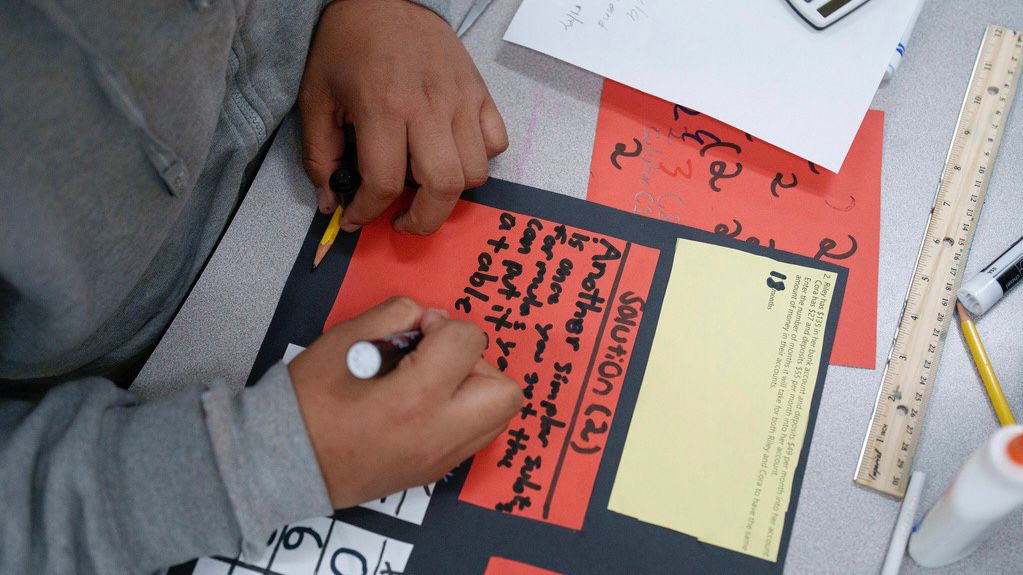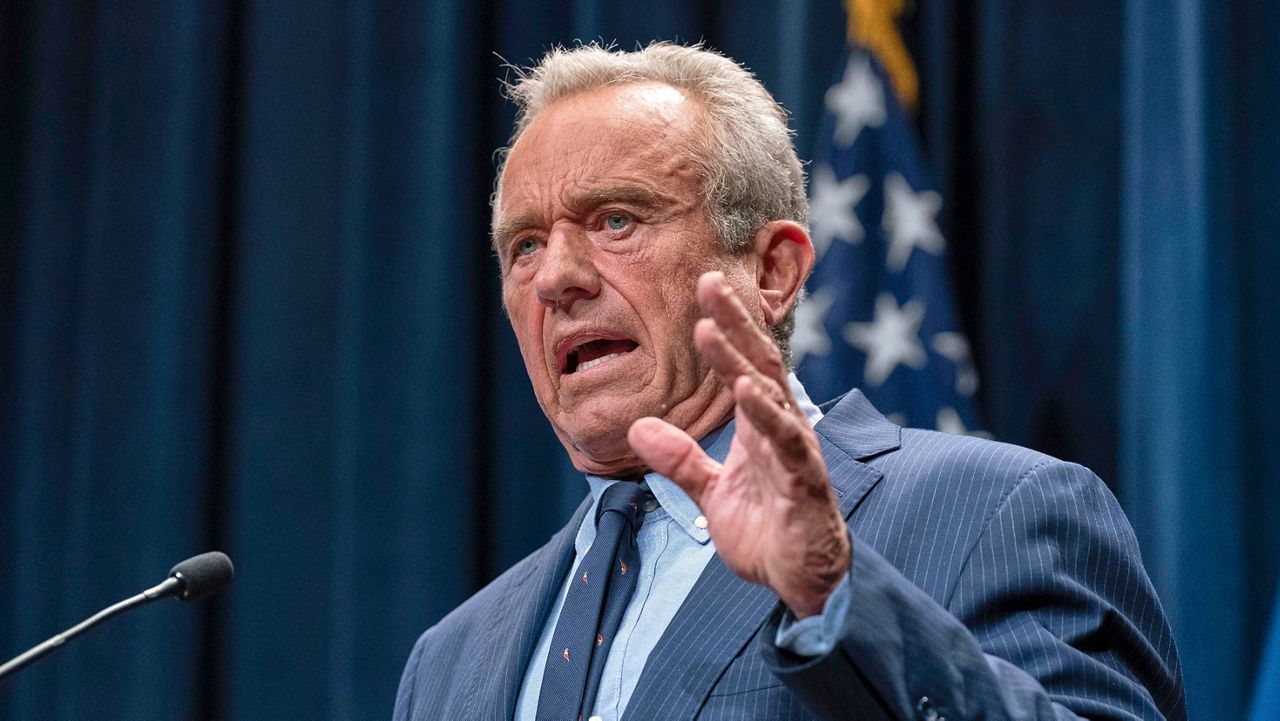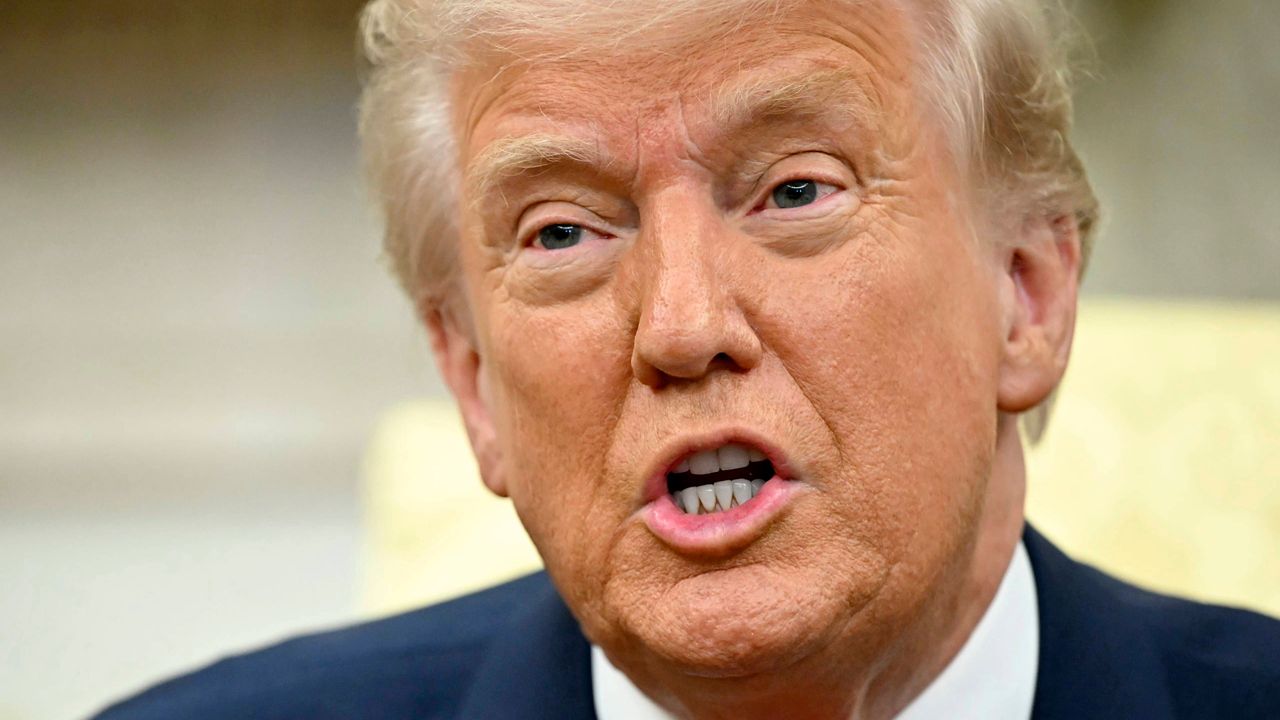In the aftermath of the Supreme Court voting to overturn Roe v. Wade, which established the constitutional right to abortion, a renewed focus has been placed on what some of the high court's conservative justices have previously said about overtuning nearly 50-year-old ruling.
What You Need To Know
- None of the five conservative justices who voted in favor of overturning Roe v. Wade explicitly said during their Senate confirmation hearings they planned to do so if given the opportunity
- In some instances, their answers were evasive, as they indicated they didn’t want to prejudge any cases; other times, their responses, in hindsight, were arguably misleading
- According to Politico, Justices Samuel Alito, Amy Coney Barrett, Neil Gorsuch, Brett Kavanaugh and Clarence Thomas have voted to strike down Roe
- Sens. Susan Collins, R-Maine, and Joe Manchin, D-W.Va., moderate members of their respective parties who supported Gorsuch and Kavanaugh, expressed disappointment with the justices' inconsistent statements about Roe
None of the five conservative justices who have voted in favor of overturning Roe v. Wade explicitly said during their Senate confirmation hearings they planned to do so if given the opportunity. In some instances, their answers were evasive, as they indicated they didn’t want to prejudge any cases.
Other times, their responses, in hindsight, were arguably misleading.
Justice Samuel Alito wrote the majority draft opinion, which was joined by Justices Amy Coney Barrett, Neil Gorsuch, Brett Kavanaugh and Clarence Thomas. All five were appointed by Republican presidents.
In his 2018 confirmation hearings, Kavanaugh said he believed the 1973 Roe v. Wade decision was “settled as precedent of the Supreme Court” and should be “entitled the respect under principles of stare decisis,” the legal doctrine that precedents should not be overturned without strong reason.
“And one of the important things to keep in mind about Roe v. Wade is that it has been reaffirmed many times over the past 45 years, as you know,” Kavanaugh added, citing the 1992 Supreme Court ruling in Planned Parenthood v. Casey that reaffirmed Roe.
Kavanaugh, however, refused to make any promises during his hearings that he would not vote to overturn Roe, saying it would violate judicial norms to do so.
While Kavanaugh’s past writings and rulings hinted he might at least vote in favor of restricting abortion rights as a justice, Gorsuch was a complete mystery during his 2017 hearings.
He had not written about abortion, nor did he rule on any abortion cases as a federal appeals court judge.
The closest thing members of the Senate Judiciary Committee had to go on was a book Gorsuch authored on euthanasia, in which he wrote, “The intentional taking of human life by private persons is always wrong.”
Asked about the book, Gorsuch told lawmakers that it also “explains the Supreme Court of the United States has held in Roe v. Wade that a fetus is not a person for purposes of the 14th Amendment.”
“Do you accept that?” Sen. Dick Durbin, D-Ill., asked Gorsuch.
“I accept the law of the land, Senator, yes,” Gorsuch replied, suggesting he, too, considered Roe to be settled.
Maine Sen. Susan Collins, a moderate Republican who backs abortion rights who also voted for Kavanaugh and Gorsuch, said in a statement that their ruling is "inconsistent" with what they previously expressed to her and at public hearings.
"This decision is inconsistent with what Justices Gorsuch and Kavanaugh said in their testimony and their meetings with me, where they both were insistent on the importance of supporting long-standing precedents that the country has relied upon," Collins wrote.
"Throwing out a precedent overnight that the country has relied upon for half a century is not conservative," the Maine Republican added. "It is a sudden and radical jolt to the country that will lead to political chaos, anger, and a further loss of confidence in our government."
When she voted for Kavanaugh, Collins said he reassured her he considered Roe settled law, which convinced her to vote for him.
“I would not support a nominee that demonstrated hostility to Roe v. Wade because that would mean to me that their judicial philosophy did not include a respect for established decisions,” she told CNN at the time.
In 2006, Alito repeatedly refused to characterize Roe as “settled law.” He, however, said he respected precedent, especially in cases that have withstood many challenges, as Roe has.
“I think that when a decision is challenged and it is reaffirmed, that strengthens its value as stare decisis for at least two reasons,” Alito testified. “First of all, the more often a decision is reaffirmed, the more people tend to rely on it. And second, I think stare decisis reflects the view that there is wisdom embedded in decisions that have been made by prior Justices who take the same oath and are scholars and are conscientious, and when they examine a question and they reach a conclusion, I think that’s entitled to considerable respect.”
That comment stands in stark contrast with the draft opinion Alito has written.
“Roe was egregiously wrong from the start,” the draft reads. “Its reasoning was exceptionally weak, and the decision has had damaging consequences.”
In his confirmation hearings, Alito, however, left a crack in the door to suggest he might one day rule against Roe.
“I don’t want to leave the impression that stare decisis is an inexorable command because the Supreme Court has said that it is not,” he said.
Barrett and Thomas were more guarded when they were asked about abortion during their confirmation hearings.
Borrowing a page from Justice Elena Kagan’s confirmation playbook, Barrett said she would not give an opinion about precedent on any issues that were still being litigated, as abortion had been.
“It would actually be wrong and a violation of the canons (of ethics) for me to do that as a sitting judge,” Barrett said in 2020. “So if I express a view on a precedent one way or another, whether I say I love it or I hate it, it signals to litigants that I might tilt one way or another in a pending case.”
Barrett was also asked if Roe was a super-precedent, which she seemed to disagree with.
"I'm answering a lot of questions about Roe, which I think indicates that Roe doesn't fall in that category," she said. "And scholars across the spectrum say that doesn't mean that Roe should be overruled. But descriptively, it does mean that it's not a case that everyone has accepted and doesn't call for its overruling."
And in 1991, Thomas declined to weigh in on questions about Roe.
“I do not think that at this time that I could maintain my impartiality as a member of the judiciary and comment on that specific case,” he said in response to a question by then-Sen. Joe Biden.
When Sen. Orrin Hatch, R-Utah, asked Thomas if he knew how he’d vote on abortion cases, the Supreme Court hopeful answered: “I think it is inappropriate for any judge who is worth his or her salt to prejudge any issue or to sit on a case in which he or she has such strong views that he or she cannot be impartial.
“You have to sit,” he continued. “You have to listen. You have to hear the arguments. You have to allow the adversarial process to think. You have to be open. And you have to be willing to work through the problem.”
Collins wasn’t the only lawmaker Friday fuming about some of the answers the justices gave about Roe while being confirmed. West Virginia Sen. Joe Manchin, a moderate Democrat who, like Collins, voted for both Kavanaugh and Gorsuch and was thus instrumental in formers’ confirmations to the nation’s highest court – expressed his disappointment with their decision on Friday.
“I trusted Justice Gorsuch and Justice Kavanaugh when they testified under oath that they also believed Roe v. Wade was settled legal precedent and I am alarmed they chose to reject the stability the ruling has provided for two generations of Americans,” Manchin wrote in part.
“As a Catholic, I was raised pro-life and will always consider myself pro-life," Manchin continued. "But I have come to accept that my definition of pro-life may not be someone else’s definition of pro-life.
“I believe that exceptions should be made in instances of rape, incest and when the life of the mother is in jeopardy,” he added. “But let me be clear, I support legislation that would codify the rights Roe v. Wade previously protected. I am hopeful Democrats and Republicans will come together to put forward a piece of legislation that would do just that.”
Ryan Chatelain - Digital Media Producer
Ryan Chatelain is a national news digital content producer for Spectrum News and is based in New York City. He has previously covered both news and sports for WFAN Sports Radio, CBS New York, Newsday, amNewYork and The Courier in his home state of Louisiana.









